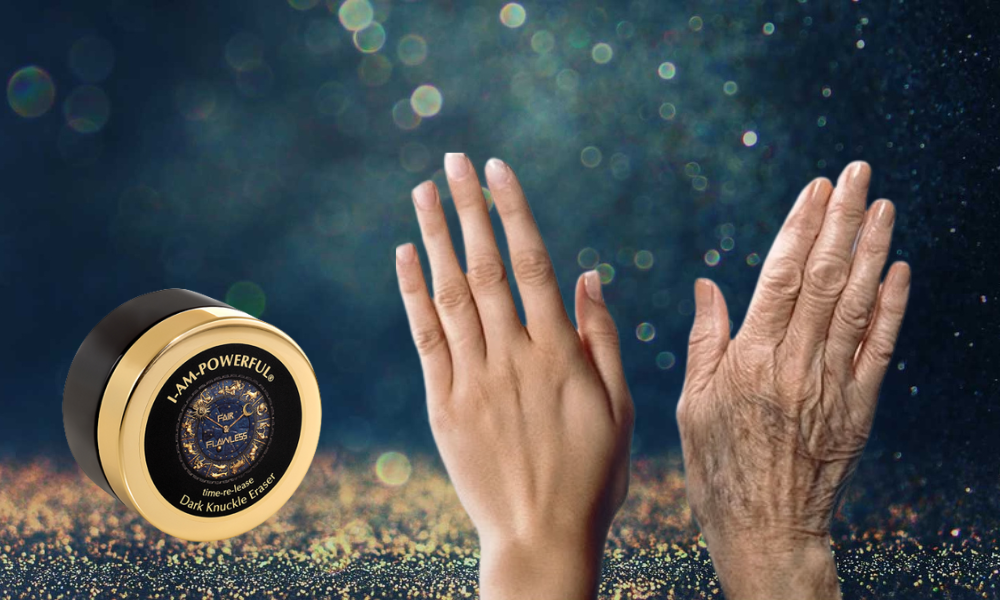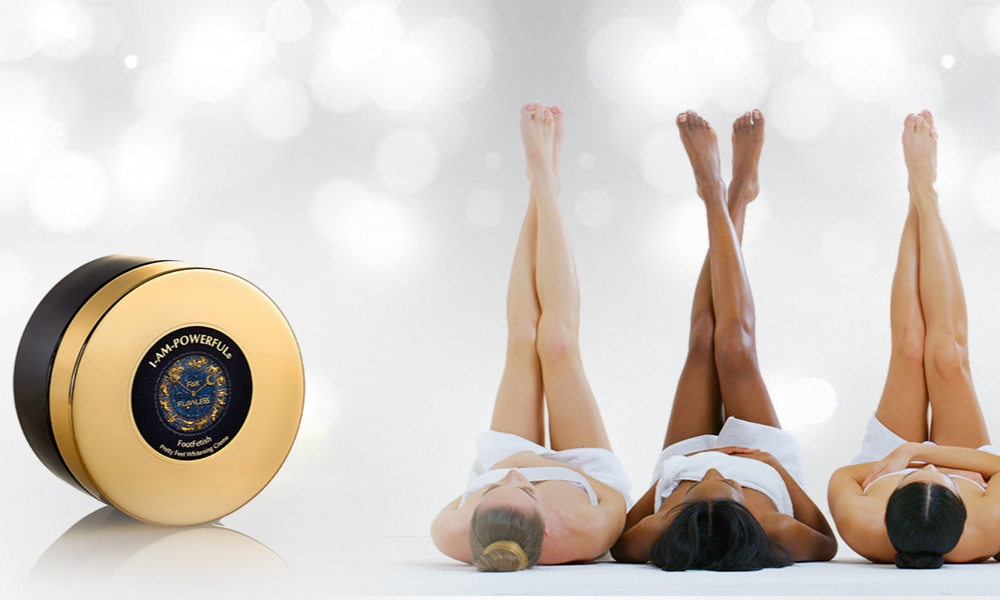The Most Common Causes of Skin Pigmentation Disorders
Pigmentation has different causes, but it doesn’t have to be shrouded in mystery. Although you might fear that pigmentation is difficult to treat, understanding its common causes can help you heal your skin with the right solutions - in a quick and stress-free way.

What Causes Pigmentation?
Sun Exposure
Melasma is a darkening of the skin and commonly occurs on the face. It happens when pigmentation is not produced evenly, so it shows up as patches of brown or black. Melasma can be caused by hormonal imbalances which occur during pregnancy (this is why melasma is called “the mask of pregnancy”), but the main cause of melasma is sun exposure. When your skin is under the sun’s rays, it accelerates its melanin production, causing these patches to occur.
Acne or Pimples
A bad bout of acne can cause hyperpigmentation on your skin in the form of darker spots. These tend to be red or purple-toned in color and they show up at the site of the pimple. They can take longer to leave your skin because the pimples have irritated and damaged it. Be careful of beauty procedures such as laser treatments or chemical peels as these can also irritate sensitive skin, causing this post-inflammatory hyperpigmentation to occur.

Nutrient Deficiencies
You need to eat certain foods in order to keep your skin healthy and strong. A nutrient that is really important for your skin is Vitamin B12, found in supplements or animal products such as meat, dairy and eggs. Not getting enough Vitamin B12 can lead to pigmentation. When your body gets Vitamin B12 every day, this nutrient interacts with other B-vitamins so that pigmentation production is regulated and your skin can look healthy.
How to Treat Your Pigmentation
Stay out of the sun. Since the sun boosts the production of melanin, you want to cover up your skin as much as possible whenever you step outside. Wear hats, sunglasses and always rub on sunscreen. It should be a broad spectrum product that will block both UVA and UVB rays.
Reverse sun damage. Yes, you don’t have to be stuck with sun damage! Use a skin lightening cream that infuses your skin with nutrients that repair it, such as aloe. Natural skin lightening creams are great for treating pigmentation because they contain botanical ingredients that clear up the skin without harsh chemicals that can be damaging.

If you suffer from acne, make sure you treat your skin to regular exfoliation. This will help to slough away dead skin where pigmentation accumulates. You should use salicylic acid in your skin products that will treat pimples, and it’s worthwhile to use skin lightening products that contain salicylic acid because you will be preventing and treating pimples while giving your skin a boost of luminosity, all in one product!
Get enough Vitamin B12! You should aim for 2.4mcg a day to keep your skin healthy and pigmentation-free. This amount is the equivalent of just over two cups of milk, so it is easy to achieve. Remember to eat a diet that’s rich in vitamins so that the Vitamin B12 will work with other nutrients to give you bright and clear skin.
Pigmentation can be a stressful skin disorder but there are many successful ways in which to treat it, no matter its cause. Follow the above tips to erase pigmentation and flaunt healthy, gorgeous skin!










